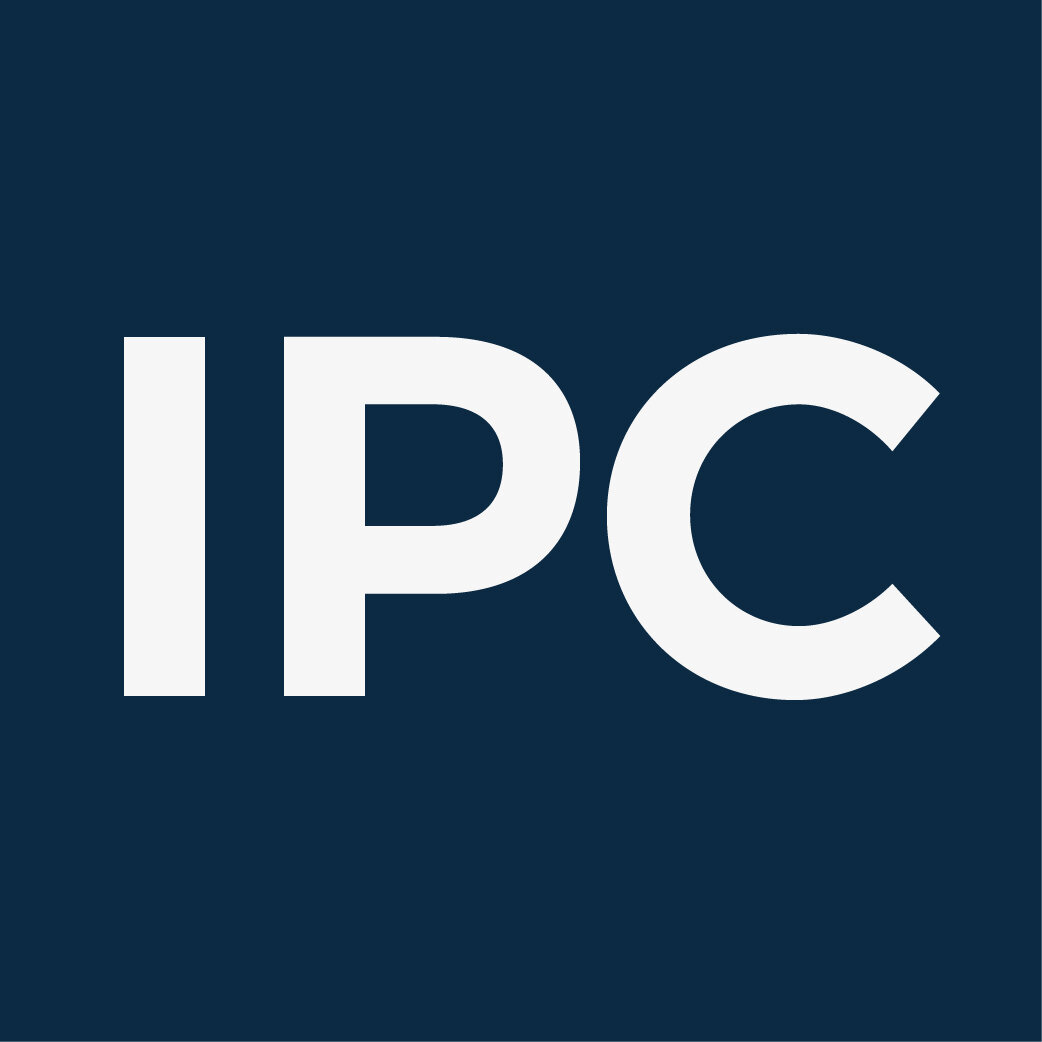ISO 9001:2015
The internationally recognized standard for
Quality Management Systems
What is ISO 9001?
ISO 9001 is an internationally recognized standard for Quality Management Systems (QMS). It sets out the criteria for establishing, implementing, maintaining, and continually improving an effective QMS within an organization.
Quality Management System (QMS)
A QMS is a structured framework designed to manage and enhance the quality of products or services an organization provides. ISO 9001 focuses on implementing a robust QMS to meet customer expectations and regulatory requirements.
International Recognition
ISO 9001 is issued by the International Organization for Standardization (ISO), a global body comprising experts from various industries. Its universal acceptance makes ISO 9001 certification a valuable asset for businesses worldwide.
Key Facts
Current version: ISO 9001:2015
Author: International Standards Organization ‘ISO’
Issued: September 2015
Previous Version: ISO 9001:2008
-
ISO 9001 is intended for any organization that delivers a product or service. The standard can be applied to any size organization regardless of the number of employees or annual turnover.
Whilst the standard originated in manufacturing, today ISO 9001:2015 can be applied to all industries delivering products or services.
ISO 9001 is not a standard for products or services; ISO 9001 certification is not a product or service certification. ISO 9001 is a process-based standard designed as a framework to control an organization’s processes.
ISO 9001 is not a membership scheme, no person can be ISO 9001 certified, and only organizations can be certified to ISO 9001. A person can be certified as an ISO 9001 auditor. -
As with all projects a business may choose to initiate, a resource is required, and it is going to cost either time or money. Getting an ISO 9001 Quality Management System operational within a business will require time; this time can be allocated internally or can be assigned to an external consultant for a fee. It’s worth noting that external consultants will still require an amount of involvement from employees to get the system implemented. The amount of work required will vary depending on the size and complexity of the business.
-
All accredited certification bodies must use the same formula to establish the duration of audits required to effectively implement and maintain certification for any given organization. This formula is provided by the International Accreditation Forum and can be found here: IAF MD5.
Organizational attributes that directly affect the cost of certification are: Number of staff, number of operational shifts, number of operational locations, size of locations and overall risk associated with the nature of the organization. -
Increased Efficiency
Increased Revenue
Global Recognition
Access New Markets
Greater Customer Satisfaction
Greater Team Morale
Continous Improvement
Informed Decision Making
Learn More

